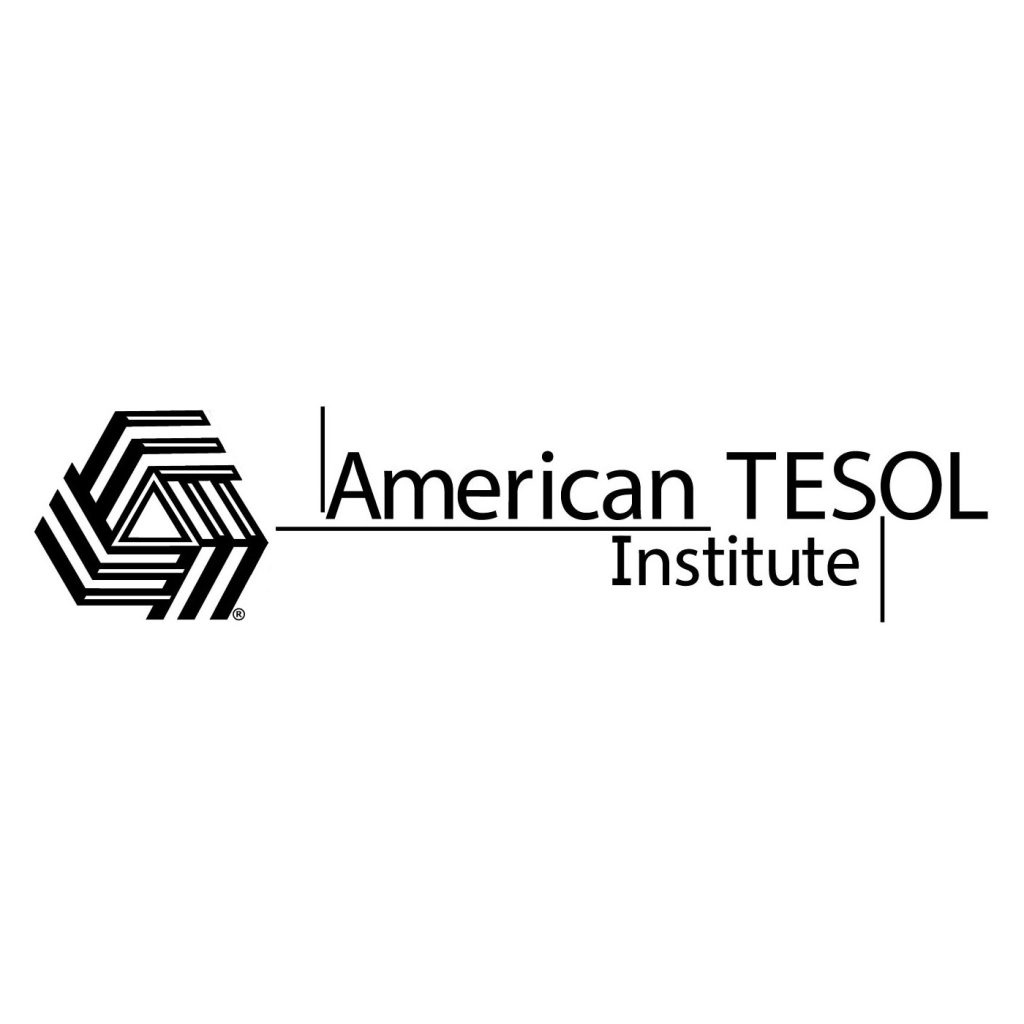For ESL students, adopting an English name can be a meaningful and empowering part of their language-learning journey. While some students choose names to make communication easier, others see it as an opportunity to reflect their aspirations or personality. By introducing the concept of nominal determinism—the theory that a person’s name can influence their choices, behaviors, or destiny—TESOL teachers can guide students to choose names that inspire confidence and success.
What Is Nominal Determinism?
Nominal determinism is the idea that names can shape outcomes, careers, or personality traits. Though it might sound like a coincidence, there are many well-documented examples where a person’s name aligns with their profession or skills. For example:
- A meteorologist named Amy Freeze.
- An optometrist named Dr. Iris Visions.
- A baker named Baker.
When applied to ESL, this theory can encourage students to think deeply about how their chosen English name might align with their aspirations.
Why an English Name Matters for ESL Students
- Cultural Integration: Choosing an English name can help students feel more integrated into an English-speaking environment.
- Practicality: English names can make interactions with native speakers smoother, especially if their original name is difficult to pronounce.
- Identity Formation: Names carry a sense of identity. Choosing a meaningful English name can inspire students to take on positive characteristics associated with it.
- Confidence Boost: A carefully chosen name can make students feel empowered and motivated to succeed.
Nominal Determinism Names for ESL Students
Here are five examples of names rooted in nominal determinism that could inspire ESL students to embrace particular traits or skills:
- Grammar: Perfect for a student who wants to excel in grammar or has a passion for precise communication.
- Hope: Ideal for a student seeking positivity and resilience in their learning journey.
- Victor: A name that symbolizes victory and success, motivating students to overcome challenges.
- Joy: Encourages a cheerful attitude toward learning and engaging with others.
- Harmony: Suggests balance and the ability to adapt well in cross-cultural communication.
Nominal Determinism in Real Life
Nominal determinism often highlights how names align with professions, but what happens when the connection seems ironic or even counterproductive? While the following real-life examples demonstrate nominal determinism, they offer fascinating insights into why people might gravitate toward professions seemingly at odds with their names.
Usain Bolt – World’s Fastest Man
- Profession: Sprinter
- Irony: Bolt’s name evokes speed and power, perfectly aligning with his record-breaking achievements in athletics. However, critics argue that without his natural talent, the name could have created immense pressure or expectations that could backfire.
- Why It Worked: Bolt embraced his name as part of his identity, using it as motivation to excel in his field.
Thomas Crapper – Innovator in Plumbing
- Profession: Sanitation Engineer and Plumber
- Irony: Though not the inventor of the flush toilet, Thomas Crapper’s association with plumbing humorously aligns with his surname, which later became slang for toilets. This unintended connection may have helped immortalize his name in popular culture.
- Why It Worked: Despite the humorous connotations, Crapper’s innovations revolutionized sanitation, proving that the work mattered more than the name.
Will Power – Professional Race Car Driver
- Profession: IndyCar Racer
- Irony: “Will Power” might sound like a motivational speaker’s stage name, but for a race car driver, it symbolizes determination and mental toughness. The potential pressure to “live up” to such a name could have been overwhelming.
- Why It Worked: Power leveraged his name as a personal brand, embodying the grit and focus needed in his high-speed profession.
Rich Ricci – Investment Banker
- Profession: Banker and Financial Executive
- Irony: A name like “Rich Ricci” seems tailor-made for a career in finance, but it could have also drawn skepticism or ridicule. In a world where financial executives are often scrutinized, such a name might seem too on-the-nose.
- Why It Worked: Ricci’s competence in his field helped him rise above any superficial judgments about his name.
Marina Waters – Oceanographer
- Profession: Marine Biologist and Oceanographer
- Irony: With a name like Marina Waters, a career studying oceans seems predestined. While the name could have created pressure to meet high expectations, it instead complemented her work and passion.
- Why It Worked: Waters leaned into the connection, turning her name into an asset that underscored her expertise in marine science.
Helping Students Choose the Right Name
Here are some strategies for TESOL teachers to support students in choosing an English name:
- Incorporate Nominal Determinism: Share the concept of nominal determinism and encourage students to think about names that align with their goals or qualities they admire.
- Explore Meanings Together: Research the meanings behind different names with students to help them make informed choices.
- Cultural Context: Discuss how certain names might be perceived in an English-speaking culture to avoid unintended associations.
- Allow Creativity: Encourage students to create unique names if they feel inspired, combining elements from their native language and English.
- Focus on Positivity: Steer students toward names that inspire confidence, success, and happiness.
Class Activity: Name Exploration
- Discussion: Begin by explaining the concept of nominal determinism and its potential influence on one’s life.
- Brainstorming: Have students brainstorm a list of English names they like and write down their meanings.
- Name Matching: Provide a list of positive traits or goals (e.g., success, kindness, courage) and ask students to pair them with names.
- Presentations: Have students share their chosen names and explain why they picked them, including the qualities or goals the names represent.
Fun Facts About Names
- The Psychology of Names: Studies have shown that people are more likely to choose careers, cities, and even pets that align with their names (e.g., a person named Dennis is statistically more likely to become a dentist).
- Cross-Cultural Naming: In some cultures, names are chosen based on their sounds or meanings that align with luck or prosperity.
- Shakespeare’s Take: In Romeo and Juliet, Shakespeare famously wrote, “What’s in a name?” Yet today, science suggests names hold more power than we realize.
- Names as Icebreakers: In many ESL classrooms, the activity of choosing an English name serves as an engaging icebreaker, helping students bond.
- Pop Culture Influence: Names like Luna (from Harry Potter) or Elsa (from Frozen) have surged in popularity due to global media.
By integrating the concept of nominal determinism into your classroom, you can make the process of choosing an English name both meaningful and fun. TESOL teachers can inspire students to think about how their chosen name can reflect their aspirations and help shape their identity in the world of English language learning.



